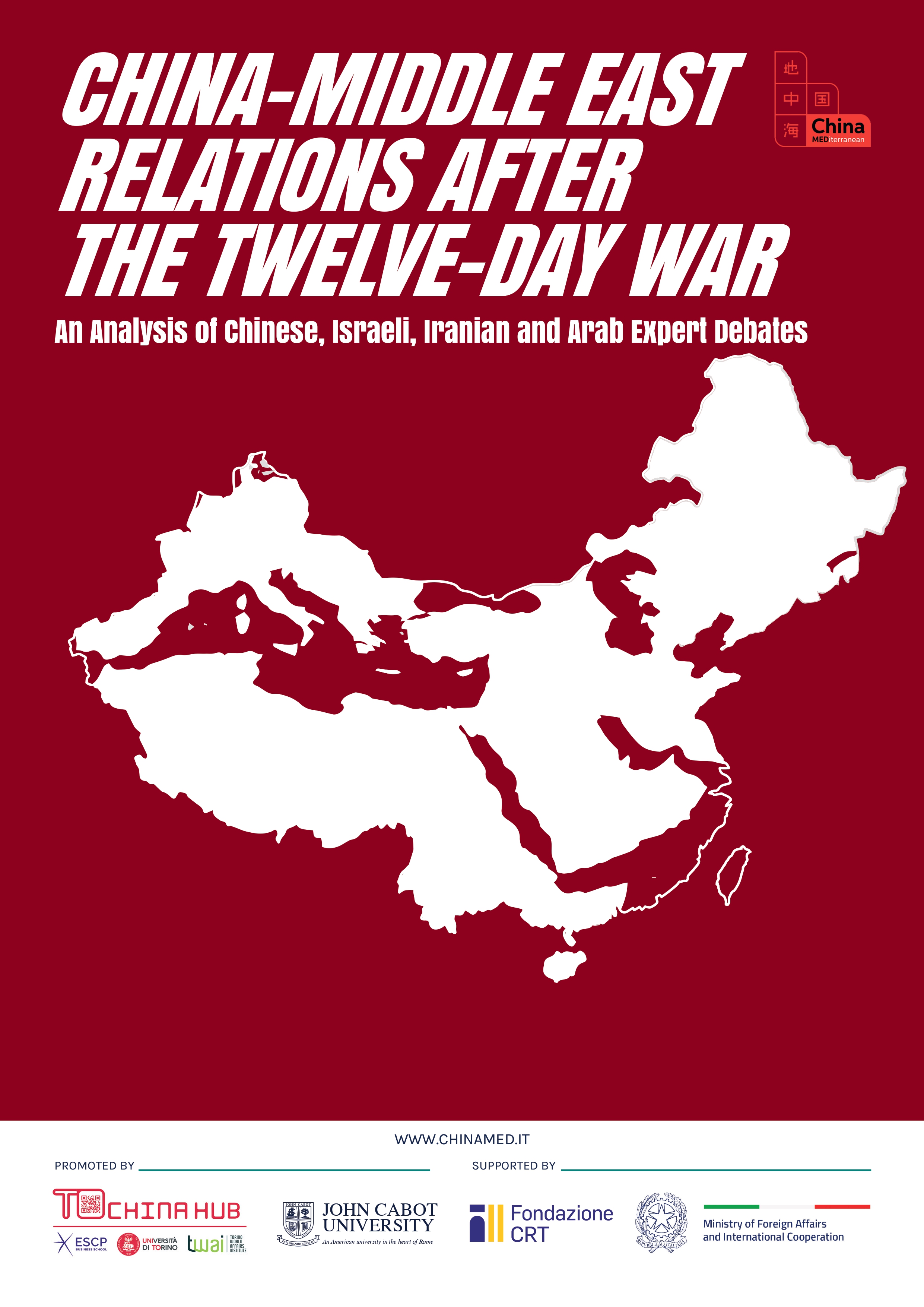
The Twelve-Day War has profoundly reshaped the region’s security landscape, with significant implications for China’s role and influence. Drawing on analyses of scholarly and media debates in China and across the Middle East, as well as Chinese official statements, this report explores how these discussions reflect shifting perceptions of Beijing’s role and influence in the region.
Much of the media debate focused on how, despite their partnership, China refrained from providing direct material support to Iran during the war. Beijing’s official response, centered on calls for de-escalation and respect for sovereignty, was widely interpreted as “balanced” and “neutral,” sparking debate over China’s commitment to its regional relationships. Chinese experts largely echoed official rhetoric, condemning U.S. and Israeli actions while also analyzing the deeper causes of the conflict. Given the limited reactions to the U.S. intervention in Israel’s favor, many Chinese commentators also questioned whether regional actors are truly capable of advancing a multipolar order, exposing contradictions in the prevailing Chinese narrative of Western decline. Additionally, the lack of analysis on China’s potential role revealed uncertainty among Chinese scholars about Beijing’s ability to contribute meaningfully to regional stabilization, underscoring its seemingly limited leverage.
Nevertheless, across the Middle East, China continues to be seen as a relevant and indispensable actor. In Israel, public discourse remained wary of China’s ties with Iran, yet several experts and diplomats interpreted Beijing’s “balanced stance” as an opportunity to reset bilateral relations, driven by trade interests and Israeli fears of diplomatic isolation. In Iran, disappointment over China’s muted response was widespread, though many commentators directed criticism toward their own government for failing to deepen strategic cooperation with Beijing, particularly in the domains of defense and infrastructure. Across the Arab world, and in Gulf state-aligned media especially, China’s “positive neutrality” was generally welcomed. Overall, Middle Eastern analysts acknowledged and even justified Beijing’s pragmatism and restraint, viewing its posture as consistent with its broader strategic priorities.
This report concludes by exploring some recent developments noting that while China’s role in the Middle East remains constrained by its caution and limited capacity, regional observers regard and will likely continue to perceive Beijing as an indispensable economic, strategic, and diplomatic partner. The war has prompted reassessments of China’s reliability, but not a desire for disengagement; instead, many experts in the region appear to be advocating for recalibrated partnerships grounded in mutual interests rather than idealized expectations. As the regional context continues to evolve, Sino–Middle Eastern relations remain as relevant, and debated, as ever.
----
This report was jointly produced by the ChinaMed Project, T.wai - Torino World Affairs Institute and John Cabot University in Rome.

